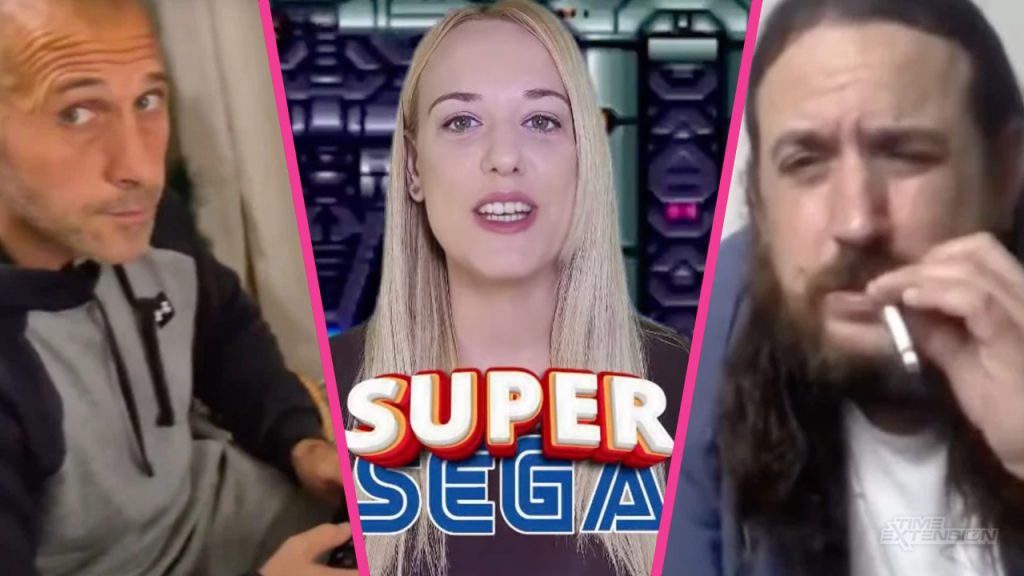The saga of the SuperSega FPGA console has evolved into a cautionary tale within the gaming community. Initially introduced last summer, this console was touted as a device capable of running games from various Sega systems—up to and including the Dreamcast—using original media. Enthusiastic responses quickly turned into skepticism as doubts about the project’s legitimacy surfaced, with many predicting it would become vaporware.
Early Developments and Concerns
Following the original announcement, Alejandro Martin, the creator of SuperSega, began releasing additional videos showcasing the console’s capabilities. However, many viewers criticized the footage for appearing overly polished, particularly given that the technology in question was relatively new and untested for gaming. Various errors, including audio feedback and unprofessional presentation, further fueled concerns among potential backers.
The Pre-Order Scheme
In September 2024, Martin launched an unconventional pre-order system requiring initial deposits of just €3 (around $3 USD) to gauge interest. He assured potential customers that their deposits would be refunded if sufficient interest wasn’t demonstrated. However, shortly after making their deposits, many backers experienced unexpected charges for the full price of the console, raising alarm about the project’s transparency.
Legal Troubles and Brand Issues
One significant complication emerged when it was revealed that “SuperSega” is a trademarked name owned by Sega. The company issued a cease and desist order, demanding Martin cease using the branding and refund all customers. The situation escalated as Martin publicly shared his financial struggles, claiming to be in debt while simultaneously showcasing his luxurious lifestyle, including driving a Lamborghini.
Shifting the Goalposts
As time passed, the project’s direction shifted dramatically. Martin announced that SuperSega would not be the FPGA console initially promised, instead opting for a simple MiSTer console, which can only run game ROMs—not original game discs or cartridges. This pivot frustrated backers who had expressed interest in a product tailored for original Sega media.
Lessons Learned
The events surrounding SuperSega underscore a broader issue within the crowdfunding landscape, where potential scammers can capitalize on the excitement and desire for niche gaming products. Historical precedents, such as the Intellivision Amico, highlight the need for vigilance among consumers. Companies like Analogue and the MiSTer community strive to deliver authentic products, and their reputations suffer when scams like SuperSega tarnish consumer trust.
The community remains hopeful that future projects will learn from this experience. As for SuperSega, backers are left to navigate the repercussions and learn from this unfortunate chapter in gaming history. Credible reporting from various retro gaming sources has kept the community informed about developments, and it remains crucial for consumers to critically evaluate similar projects before contributing financially.

